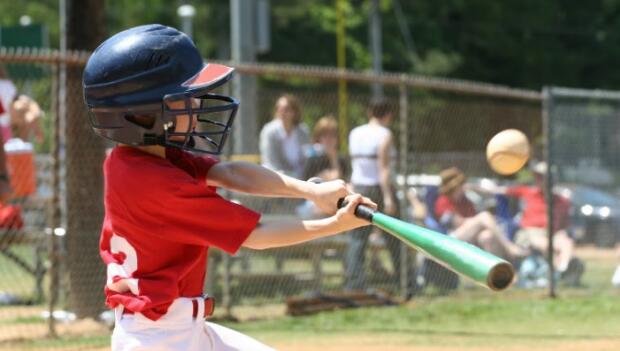
Baseball is a very humbling game, even for the world's greatest players. At any given time, there's countless Major Leaguers going through a slump.
So, what do you do? How do you help someone in a slump?
I touched on this topic in my earlier article on slumps, but here are a few more tips on getting your players past this frustrating experience.
The Causes of a Slump
Most people actually think slumps are created by the hitter doing something wrong with their mechanics. However, what usually causes an ongoing slump is how the hitter is affected mentally. Physical problems are easy to identify and fix. Start with the following basic checklist and then move into the mental aspect.
Physical Solutions to a Slump
Videotape the hitter in a live game situation. If you can only get batting practice footage, that is ok, but a real game is best.
- Pick out any flaws you may see.
- Show the hitter so he or she recognizes the problem and then pick out one or two drills to help with this mechanical flaw. (Quite often I see well-meaning coaches have a hitter in a slump doing dozens of different drills. This just further confuses the hitter and makes it difficult to get out of it.)
- Get their eyes checked -- you'd be surprised how often this fixes slumps!
The good news about getting out of a slump is all it takes is one good swing. A rope and a ball that finds a hole is good enough for a two-hit game and the slump is history.
The quickest, yet most difficult, task is getting the player to believe the above is true -- A hitting streak is just ONE swing away...
Mental Solutions to a Slump
Do whatever it takes to get the hitter some confidence. Some suggestions:
- Let them get a feeling for solid contact. Take more batting practice or get to a cage where they have hit well before and feel comfortable. Get them back in their comfort zone and let them get their feel back.
- Have someone they respect compliment them. Whether it's a good player or opposing coach, have that individual tell them their swing looks good and to keep up the good work. More often than not, a "slump" is much bigger in the hitter's eyes than it is to everyone else. Sometimes all it takes is a compliment for the hitter to see this.
- Practice visualization. Studies show that visualization is an effective form of "practice" and does carry over to the real world. All great hitters use visualization of some form. It doesn't have to be weird and kooky, simply learn to "see and feel" yourself taking a good swing and making solid contact. If you can work up to having the ability to do this on deck then you are really on the right track!
So there you have it, follow the above guidelines and prolonged slumps will be a thing of the past.


